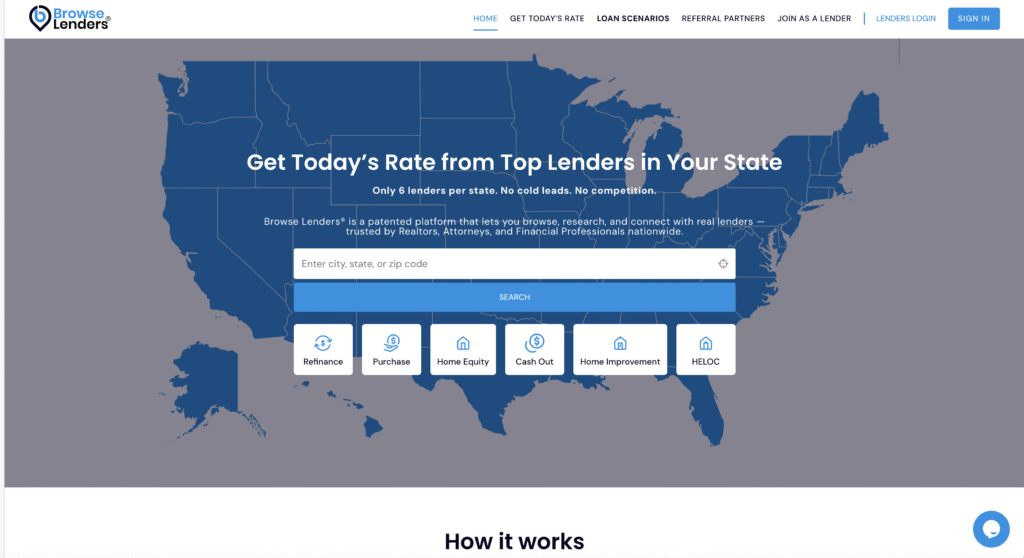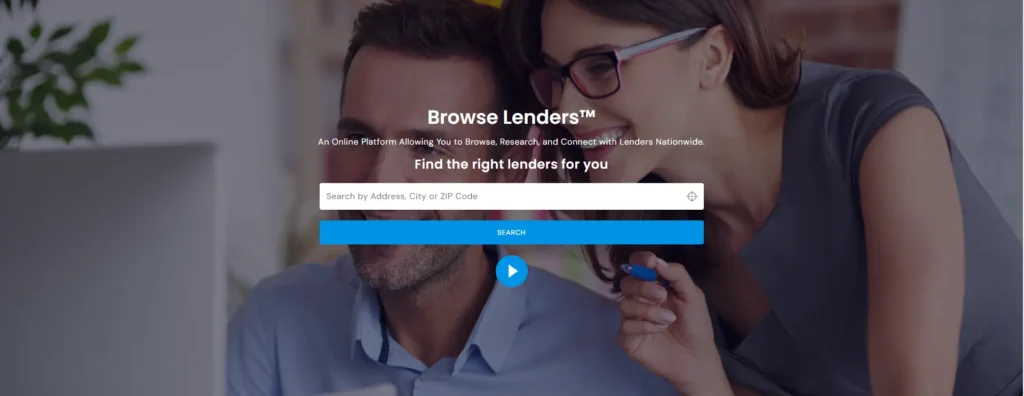Take Back Control of Your Credit and Protect Your Middle Credit Score®
If you’ve discovered accounts on your credit report that you never opened, you may be a victim of identity theft. Fraudulent accounts can cause severe damage to your credit and financial reputation—but the Identity Theft Dispute Letter gives you the legal power to fix it.
This letter, available through Middle Credit Score®, helps consumers formally notify credit bureaus and creditors that an account was opened fraudulently. It requests that the item be blocked, investigated, and removed under the Fair Credit Reporting Act (FCRA) and the Identity Theft Enforcement and Restitution Act.
You can find this and other powerful templates in our Credit Dispute Letters Support Center, where every letter is written for compliance, clarity, and results.
🔍 When to Use an Identity Theft Dispute Letter
Send this letter immediately if:
- You notice unfamiliar accounts or inquiries on your credit report.
- You receive collection calls for debts you didn’t incur.
- You’ve lost your wallet, had your identity stolen, or been part of a data breach.
- You’ve filed an FTC Identity Theft Report or police report confirming the fraud.
By submitting this letter to the credit bureaus (Experian, Equifax, and TransUnion) and the affected creditors, you formally request the removal or blocking of fraudulent accounts that were opened without your consent.
💡 Why This Letter Matters
Identity theft can destroy your financial credibility overnight.
This dispute letter is your official record that you’ve taken corrective action—forcing bureaus to investigate and remove accounts that don’t belong to you.
By sending this letter, you:
- Trigger an investigation under FCRA Section 605B.
- Require credit bureaus to block fraudulent items within 30 days.
- Protect your Middle Credit Score® from long-term damage caused by identity theft.
- Establish written evidence of your identity theft claim for future disputes or legal action.
🧭 Step-By-Step: How to Send
File an Identity Theft Report through IdentityTheft.gov.
Attach a copy of your FTC report and a police report (if available).
Complete the Identity Theft Dispute Letter below with the fraudulent account details.
Send it by certified mail with return receipt to each credit bureau and creditor involved.
Keep copies of all documentation and responses for your records.
Once verified, the bureaus must remove or block the accounts and notify you in writing when the process is complete.
🔗 Additional Resources
Explore more templates inside our Credit Dispute Letters Library and learn how to monitor and rebuild your credit after identity theft in the Middle Credit Score® Academy.
🧠 Bottom Line
An Identity Theft Dispute Letter is one of the most powerful tools a consumer can use to reverse the damage of fraud.
By taking swift action, you protect your credit, your identity, and your Middle Credit Score®—restoring the accuracy and trustworthiness of your financial profile.
Identity Theft Dispute Letter:
[Your Name]
[Your Address]
[City, State ZIP Code]
[Date]
[Credit Bureau or Creditor Name]
[Address]
Re: Fraudulent Account Dispute Due to Identity Theft
Dear [Recipient],
I am writing to dispute one or more accounts listed on my credit report that do not belong to me. These accounts appear to be the result of identity theft.
The following account(s) were fraudulently opened:
- [Creditor Name / Account Number / Amount]
I have never opened or authorized these accounts. Enclosed are copies of my government-issued identification, an FTC Identity Theft Report, and a police report confirming the fraud.
Under the Fair Credit Reporting Act (FCRA) and Identity Theft Enforcement provisions, I request that you block these fraudulent items from my credit report within 30 days and notify all credit reporting agencies of the removal.
Please confirm in writing when this action has been completed.
Thank you for your prompt attention to protecting my credit profile.
Sincerely,
[Your Signature]
[Your Printed Name]
⚖️ Disclaimer
The sample letter provided above is for educational and informational purposes only. Middle Credit Score® does not guarantee specific results or credit report changes. Each credit bureau or creditor may have its own procedures, and outcomes may vary. Consumers are encouraged to review the Fair Credit Reporting Act (FCRA) and seek professional or legal advice if they need personalized assistance. Middle Credit Score® is not a credit repair company and does not perform credit repair services.






